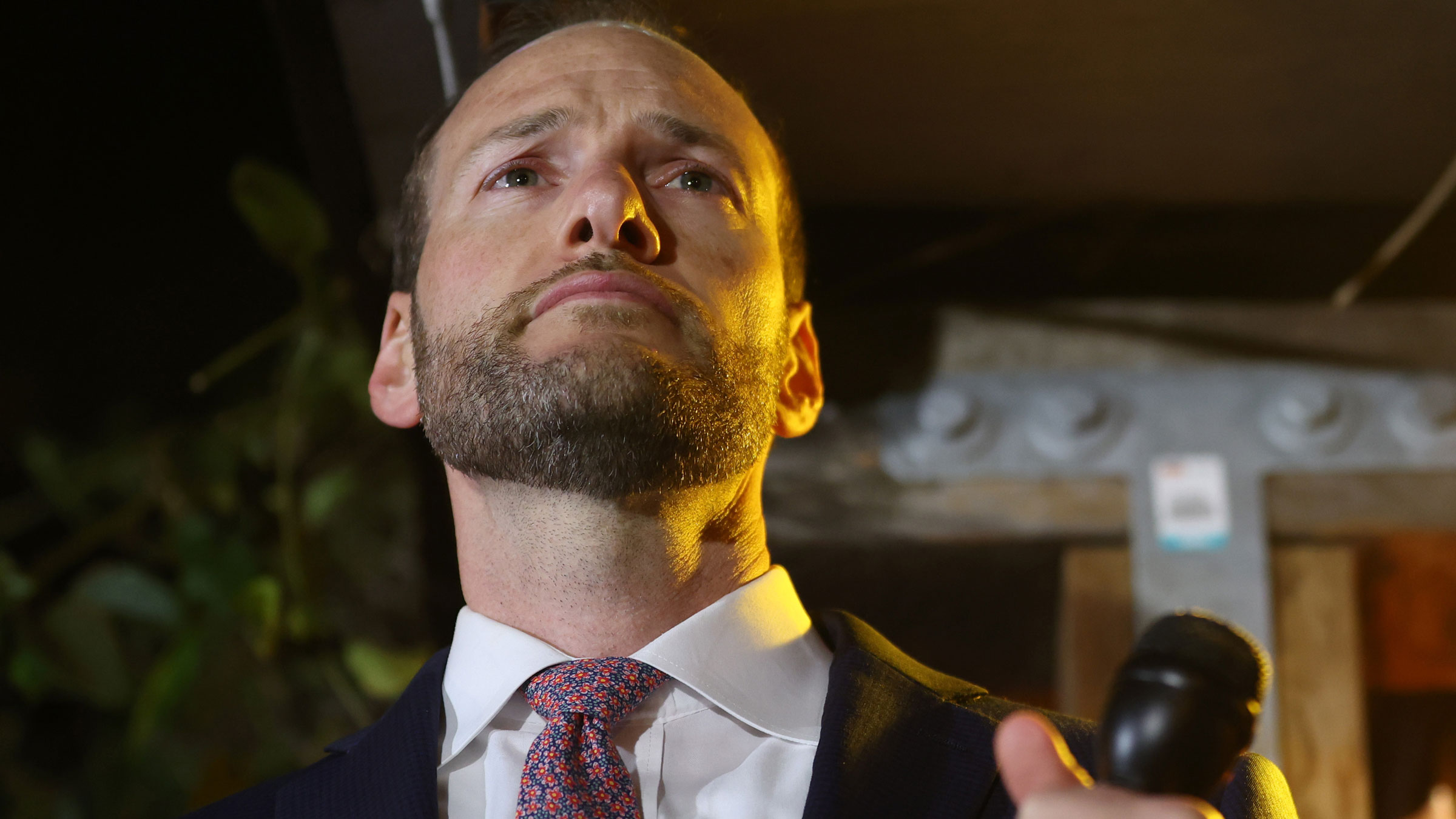
[ad_1]

The profitable recall of San Francisco District Attorney Chesa Boudin on Tuesday has already led some pundits to declare the demise of the “progressive prosecutor.”
But a glance across the nation — and nearer probe of San Francisco’s explicit points — tells a extra difficult story.
What’s clear is that Boudin was soundly rejected by his constituents. What’s much less sure, or easy to elucidate, is why. Boudin had highly effective, moneyed opponents aligned in opposition to him, for positive, however progressive candidates have overcome these hurdles in a sequence of races this main season. More problematic for Boudin, although, was his poor standing with voters in San Francisco, who lately recalled three college board members, and a basic discontent, not not like what we’ve seen in different usually liberal cities, with overlapping problems with crime, homelessness and the price of dwelling.
Boudin didn’t do himself too many favors in making an attempt to assuage some very actual considerations together with his efficiency in workplace, however an early scan of the incoming outcomes exhibits a divide between youthful voters and older, wealthier ones.
Looking outdoors the town, and across the nation, the prospects for fellow progressive-prosecutor varieties nonetheless look promising.
As lately as final fall, Alvin Bragg received the district legal professional race in Manhattan — in the identical cycle that noticed New Yorkers elect Eric Adams as mayor. In Philadelphia, District Attorney Larry Krasner simply received reelection regardless of an finally overblown backlash to his insurance policies. And within the Chicago space, Cook County State’s Attorney Kim Foxx received a second time period in 2020.
Boudin’s ouster is actually a blow to the motion he, a minimum of for the second, has come to symbolize. But the implications for the long run are tougher to nail down — particularly if the headline points that fueled the discontent round him don’t finish alongside together with his time in workplace.
[ad_2]